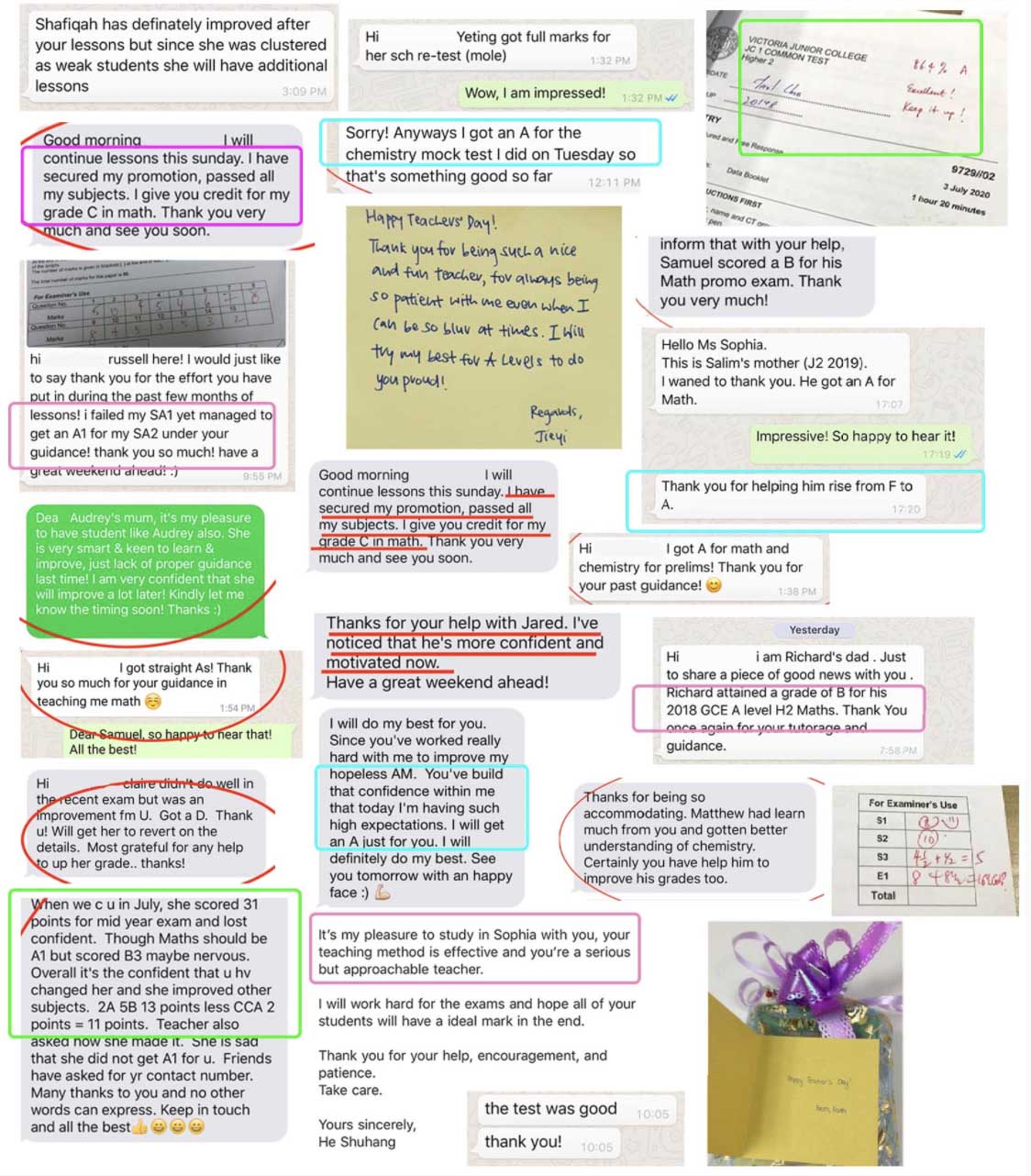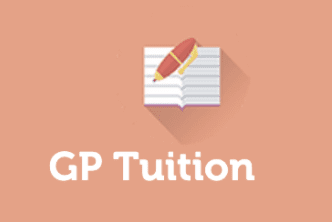Chinese Tuition in Singapore
新加坡华文补习中心

1000+ Good Reviews from Parents & Students

14 days Money-Back Guarantee
(1st Lesson Unsatisfaction Policy)
13+ Years of Experience (2012)
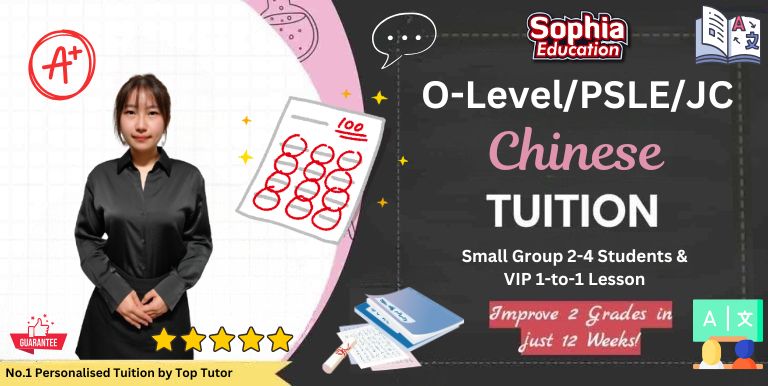

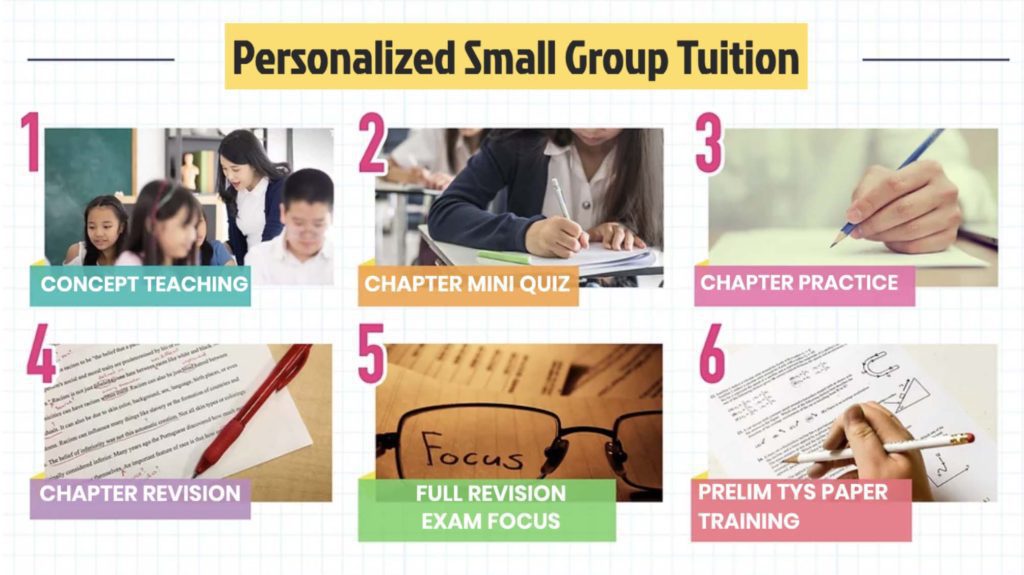
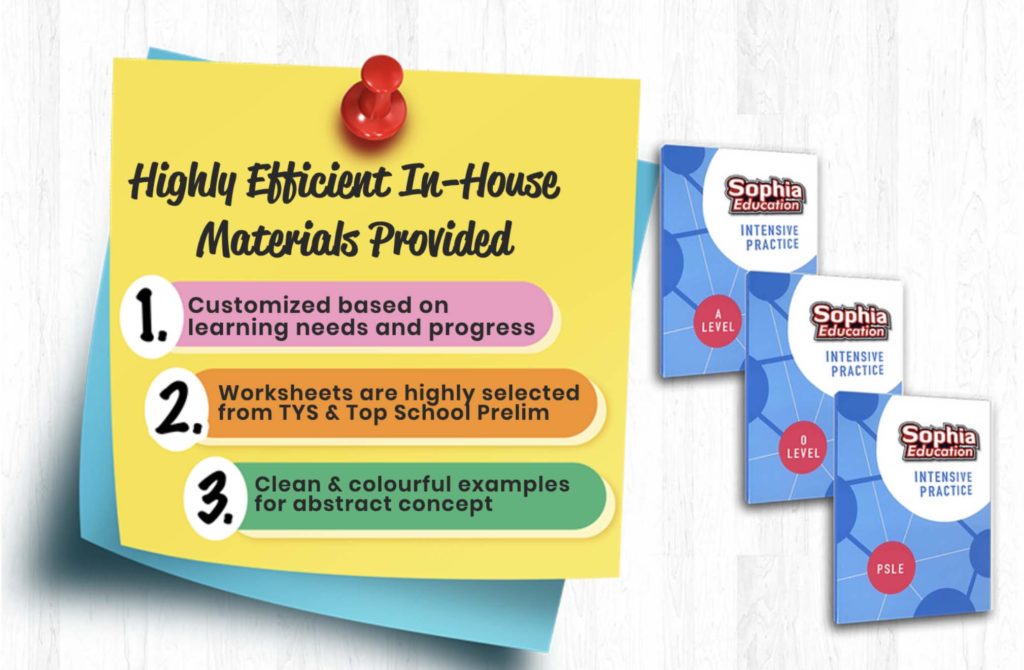





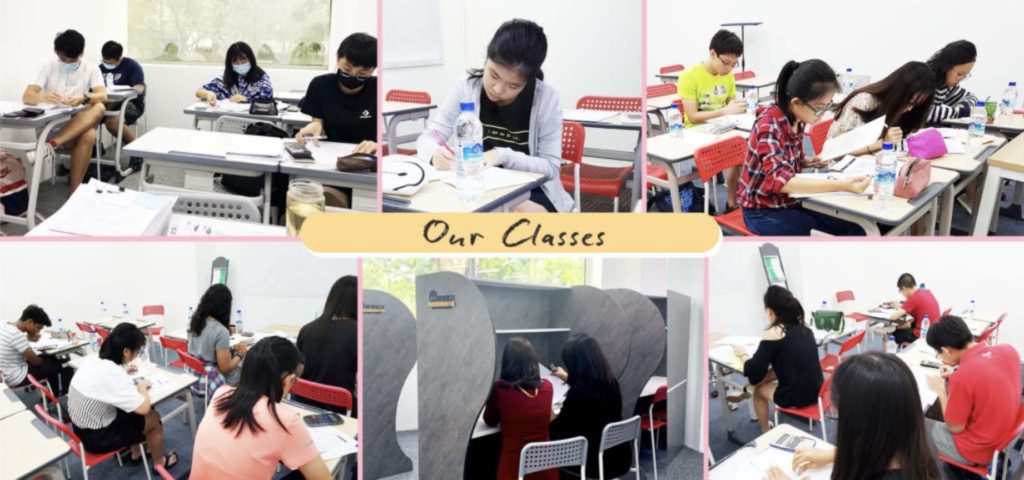

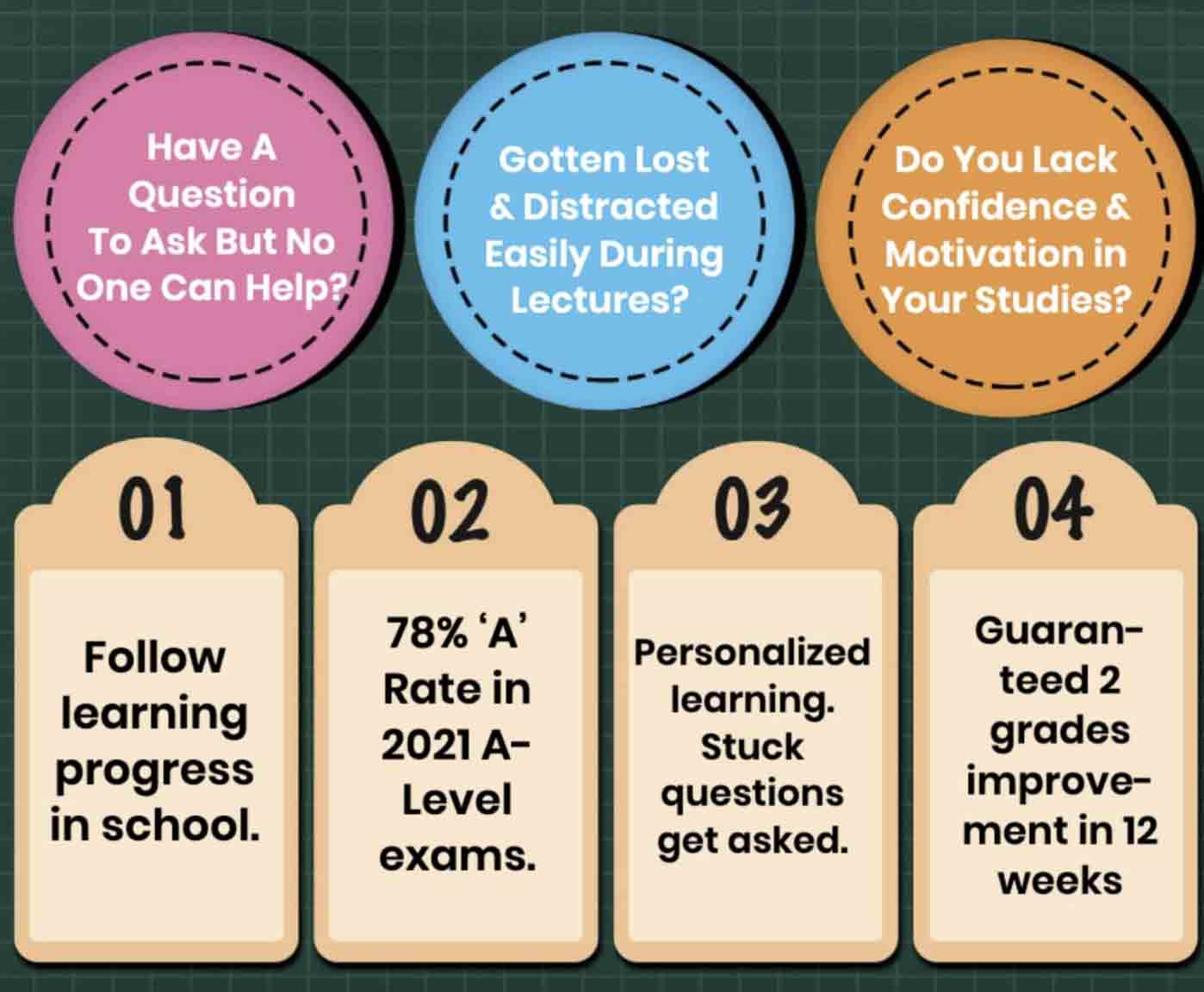


🏮 高级华文 / 综合课程华文补习 (Higher Chinese & IP Chinese Tuition)
在 Sophia Education,我们提供 专业的高级华文补习,帮助学生在 O-Level 高级华文和 IP 课程华文 中取得优异成绩。我们的课程旨在 提升学生的阅读理解、写作能力、口语表达和考试技巧,确保他们能 自信运用华文,取得卓越成绩。
📌 课程重点 | What We Cover in Each Lesson
✅ 高级阅读理解 & 摘要写作 (Advanced Comprehension & Summary Writing)
- 深度分析 记叙文、说明文、议论文 (Narrative, Expository & Argumentative Texts)
- 提炼关键信息,提升答题技巧 (Identifying Key Ideas & Answering Techniques)
- 掌握摘要写作技巧,精准概括重点 (Mastering Summary Writing)
✅ 高级作文写作 (Higher-Level Essay Writing)
- 记叙文、说明文、议论文、抒情文 (Narrative, Expository, Argumentative & Reflective Essays)
- 提升 逻辑思维 (Logical Thinking) & 结构性表达 (Structured Writing)
- 加强论点,培养批判性思维 (Strengthening Arguments & Critical Thinking)
✅ 实用文写作 (Situational Writing)
- 书信、报告、建议书、电子邮件 (Letters, Reports, Proposals & Emails)
- 明确 语气、格式、目的 (Tone, Format & Purpose)
- 提高商务与正式写作能力 (Enhancing Formal & Business Writing Skills)
✅ 口试 & 听力训练 (Oral Communication & Listening Comprehension)
- 看图对话 & 主题讨论 (Stimulus-Based Conversation & Thematic Discussion)
- 提升 流畅表达 (Fluency),掌握 语调 & 语速控制 (Pronunciation & Intonation)
- 强化听力能力,精准捕捉信息 (Listening Skills & Key Idea Extraction)
✅ 词汇拓展 & 成语训练 (Vocabulary Expansion & Idioms Mastery)
- 掌握高频成语 (Commonly Used Idioms) & 四字短语 (Four-Character Phrases)
- 提升 句子结构 (Sentence Structuring) & 表达能力 (Expression Skills)
✅ 考试技巧 & 时间管理 (Exam Strategy & Time Management)
- 掌握 MOE 评分标准 (Understanding MOE Marking Criteria)
- 进行 定时模拟考试 (Timed Practice Drills) & 试卷解析 (Exam Paper Analysis)
📖 O-Level 高级华文补习 | O-Level Higher Chinese Tuition
📌 作文 | Paper 1 – Writing
- 实用文写作 (Situational Writing): 电子邮件、建议书、报告、演讲稿 (Emails, Proposals, Reports & Speeches)
- 作文类型 (Essay Types): 记叙文、说明文、议论文、抒情文 (Narrative, Expository, Argumentative & Reflective Essays)
- 提升文章结构 & 内容深度 (Improving Essay Structure & Content Development)
📌 阅读理解 & 摘要写作 | Paper 2 – Comprehension & Summary
- 现代文 & 文言文阅读 (Modern & Classical Chinese Comprehension)
- 逻辑推理 & 答题技巧 (Logical Inference & Answering Techniques)
- 摘要写作 (Summary Writing) 训练
📌 听力理解 | Paper 3 – Listening Comprehension
- 辨别语调、语境、核心信息 (Identifying Tone, Context & Key Information)
- 常见题型训练 (Practice with Common Question Types)
📌 口试训练 | Paper 4 – Oral Communication
- 看图对话 & 主题讨论 (Stimulus-Based Conversation & Thematic Discussion)
- 培养自信表达 & 观点阐述能力 (Developing Confidence & Logical Expression)
📌 综合课程高级华文补习 | IP Higher Chinese Tuition
📌 高级阅读 & 文学赏析 (Advanced Reading & Literary Analysis)
- 古文 (Classical Chinese) & 现代文 (Modern Literature) 深度分析
- 培养文学鉴赏能力 (Enhancing Literary Appreciation & Analysis)
📌 高阶议论文写作 (Advanced Argumentative Writing)
- 深入探讨社会议题 (Exploring Societal Issues & Perspectives)
- 培养批判性思维 (Developing Critical Thinking & Logical Argumentation)
📌 高级口语表达 & 辩论技巧 (Advanced Oral Presentation & Debate Skills)
- 增强演讲 & 逻辑表达能力 (Enhancing Public Speaking & Structured Discourse)
- 掌握有效辩论技巧 (Mastering Persuasive Debate Techniques)
📌 考试备战 & 时间管理 (Exam Readiness & Time Management)
- 针对 IP 课程要求的专项训练 (IP-Specific Exam Practice & Preparation)
- 定时模拟考试 & 答案解析 (Timed Practice Tests & Answer Explanations)
🎯 为什么选择 Sophia Education 的高级华文补习? | Why Choose Sophia Education for Higher Chinese?
✅ 符合 MOE 课程大纲 (MOE-Aligned Curriculum) – 课程全面覆盖 考试要求 & 高级华文重点
✅ 强化写作 & 阅读能力 (Strong Writing & Comprehension Focus) – 针对性训练,确保 A1/A2 优异成绩
✅ IP 课程专项训练 (IP-Specific Techniques) – 更深入的 文学分析 & 高级议论文写作
✅ 考试技巧培训 (Exam-Focused Approach) – 定时练习、口试训练 & 阅读理解强化
✅ 家长报告制度 (Regular Parent Updates) – 提供学习进度 & 反馈
🌟 常见问题 | Frequently Asked Questions
1️⃣ 高级华文和普通华文有什么区别? (What’s the difference between HCL & Normal CL?)
- 高级华文考试要求更高,需要更深入的阅读理解、写作技巧 & 口语表达能力。
- HCL 学生可在 O-Level 成绩中额外加分 (Bonus Points for JC Admission).
2️⃣ 如何提高高级华文的作文水平? (How to Improve HCL Essay Writing?)
- 掌握文章结构 (Mastering Essay Structure) & 论点支持 (Strengthening Arguments).
- 结合时事 & 个人见解,提升文章深度 (Incorporating Current Affairs & Personal Insights).
3️⃣ 如何准备高级华文口试? (How to Prepare for the HCL Oral Exam?)
- 定期练习 Stimulus-Based Conversation (SBC 看图对话).
- 掌握语言表达技巧,培养自信 (Improving Articulation & Confidence).
🔹 📞 立即报名试听课!| Sign Up for a Trial Lesson Today! 🚀
📩 联系我们,助力您的孩子在高级华文考试中取得成功! | Contact Us Now to Achieve HCL Success!
Tuition Offer 360 Degree Study Support!
Sophia Education
Offers 24-7 WhatsApp Support
24小时全天在线
WhatsApp Your Tutor If Your Have Any Study/Homework Questions or WhatsApp our Admin if you have Questions Regarding your Lesson


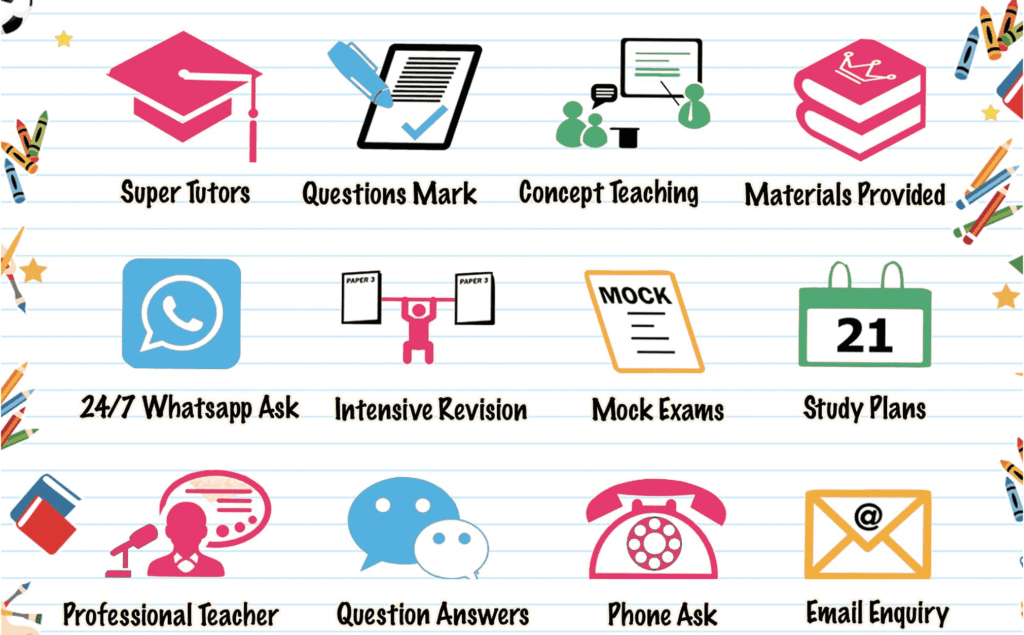
Refund Flexibility and Policy
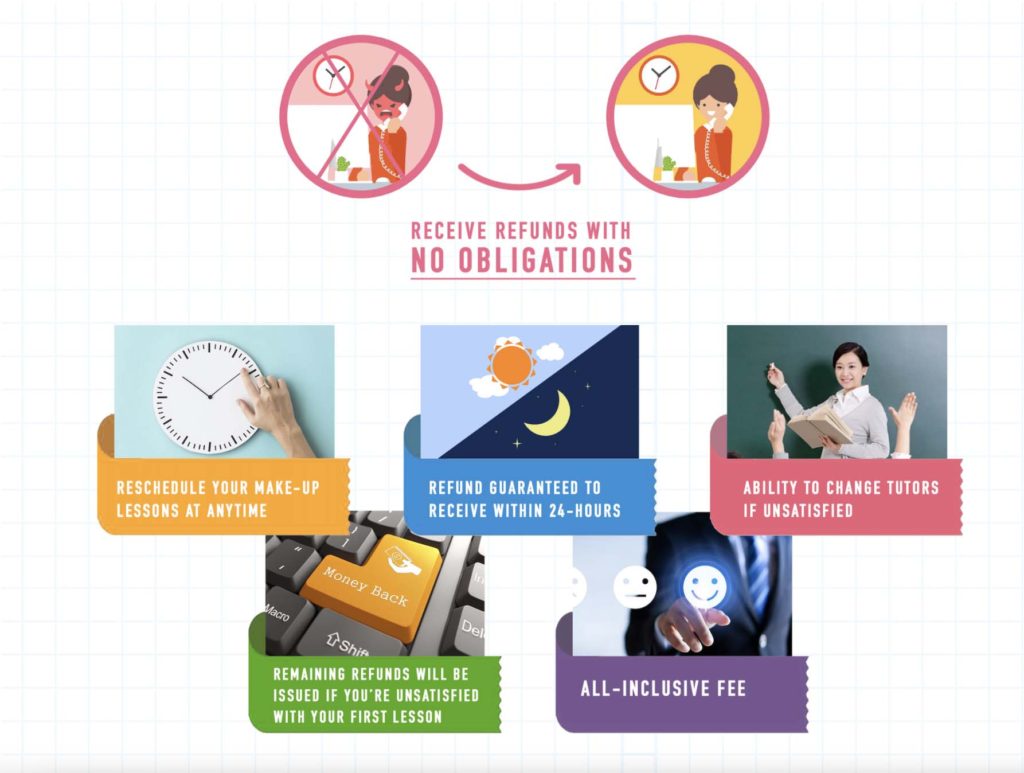
Study Articles
Want to equip with most effective study strategies and advices?
Improve your learning experience with more than 100 articles and advices by top tutors.
Get top study and exam Insignts/ Advices from our super tutors.
Delivered to you weekly, straight to your inbox

Sign Up Process
Contact / Find Us
- #02-09/10/11 Singapore Shopping Center, 190 Clemenceau Ave Singapore 239924
- admin@sophiaeducation.sg
Scoring A1 For O-Level English in Sophia Education: Top English Tuition’s Secret Advices
While English as a language seems to be the lingua franca, many Singaporean students still continue to struggle to score that elusive A1 for English and hence, turn to O-Level English tuition. However, this comes as no surprise when we consider the demands of the O-Level Examinations.
The English Language O-Level Examination tests students on a range of areas from Speaking, Writing, Listening, and Reading Comprehension. Especially in Secondary School, it is a rigorous assessment that demands a different array of skills for every one of its components.
In this article, we will break down the English O’ Level Examination into its main constituents, and find out exactly what you’ll need to do to nab that A1 grade for each paper.
Paper 1 – Writing
Tip 1: Read As Much as You can.
Get your hands on essay examples, newspapers, online articles, or even your favourite novels. Reading exemplifies the proper sentence structures and grammatical rules in writing. Learning from professionals’ unique writing-styles is a great springboard for you to develop your own writing-style too, as an interesting writing style is a key part of writing that makes you stand out in the sea of essays.
Tip 2: Peer-reviews
Other than getting valuable insight from your fellow peers on your work, reviewing other’s works will make you start having a keen eye for the common mistakes in writing, and hence apply that same cautiousness to your own essays. Likewise in tip 1, if your pal is a particularly talented writer, you can also incorporate some of their writing-style into your own.
Tip 3: Always Plan Before You Write
You may think that you’re racing against time to finish 3 sections under 1 hour and 50 minutes, but never skip over the planning stage. Always take 10 minutes to plan out your essay by highlighting key words in the question, and plotting down a short skeleton of your essay. This will, in fact, make the eventual writing process much faster as you are less likely to panic on what to write next during the examination. Planning also makes your essay have a clear and proper flow, making it much more enjoyable for your examiner to mark.
Paper 2 – Comprehension
Tip 1: Familiarise yourself with the different question types
When you practice Paper 2 enough times, you’ll start to see a certain pattern in the question types. There are some questions where you can find the answers straight from the passage. The common issue, however, is answering the more difficult ones like inference, literary, or vocabulary questions. I have found that English tuition centres and tutors take a very methodical approach to answering each specific question, thereby making the paper a breeze. Learn more from our Super tutors here.
Tip 2: Scan The Questions Before Reading The Passages
Likewise in the tip I mentioned for LC, reading the questions beforehand keeps vigilant when searching for your answers and points, giving you more time for the more taxing parts of the paper (i.e. Summary writing).
Tip 3: Keep a Vocabulary-bank
Aside from needing to expand your vocabulary due to vocabulary questions in Section A and B, having a wide arsenal of words is especially important for the Summary portion of Paper 2. The Summary component requires students to rephrase the points made in the passage, in 80 words or less. Knowing many words will help you as you are able to come up with synonyms for words more easily.
Oral Examination
This is typically the first hurdle you’ll come across, and this component constitutes 20% of your grade.
Tip Number 1: Practice Anywhere, Anytime, and with Anyone
Two problems students often encounter during the Oral Exam is anxiousness and mental-blocks when responding to questions. Well, practice makes perfect. You can start by voicing out your opinions about issues to friends and family, trialing past-year questions with your classmates, or recording yourself speak. Practising gets you more comfortable with speaking aloud.
Tip 2: Listen To & Learn From Others
During the Oral Exams, examiners are also looking out for proper pronunciation and enunciation of words. Pronouncing words the Singlish way may pass for casual interactions, but you will be penalised for exams. Immerse yourself in media like the News or TedTalks to pay close attention to how certain words are pronounced. These media may also teach you how to speak with good rhythm and expression- criteria that examiners also focus on!
Tip 3: Structure Your Responses
Examiners are also looking out for your ability to express your thoughts and opinions clearly. You don’t want to ramble on aimlessly, as this may cost you mark-deductions. I would suggest using the P.E.E.L format- a tried and tested to help you streamline your responses, and make your arguments more coherent.
Listening Comprehension
LC is what many consider the ‘easiest’ paper to get marks, try and score as well as you can here. This section holds a weightage of 10%.
Tip 1: Read The Questions Beforehand.
This gives you a heads-up on what the conversation will be about, as well as exactly which parts of the conversation you can find the right answers.
Tip 2: Note Down Key Points.
Pay special attention to any nouns, places, time, direction and any specific instructions, opinions or facts given during the conversations you hear in the audio.
Tip 3: Move On and Just Infer.
The information relayed through the audio may not always be easy to process, questions are not always straightforward. Rather than fixating on information you missed, move on and infer an answer based on what you were able to catch.


